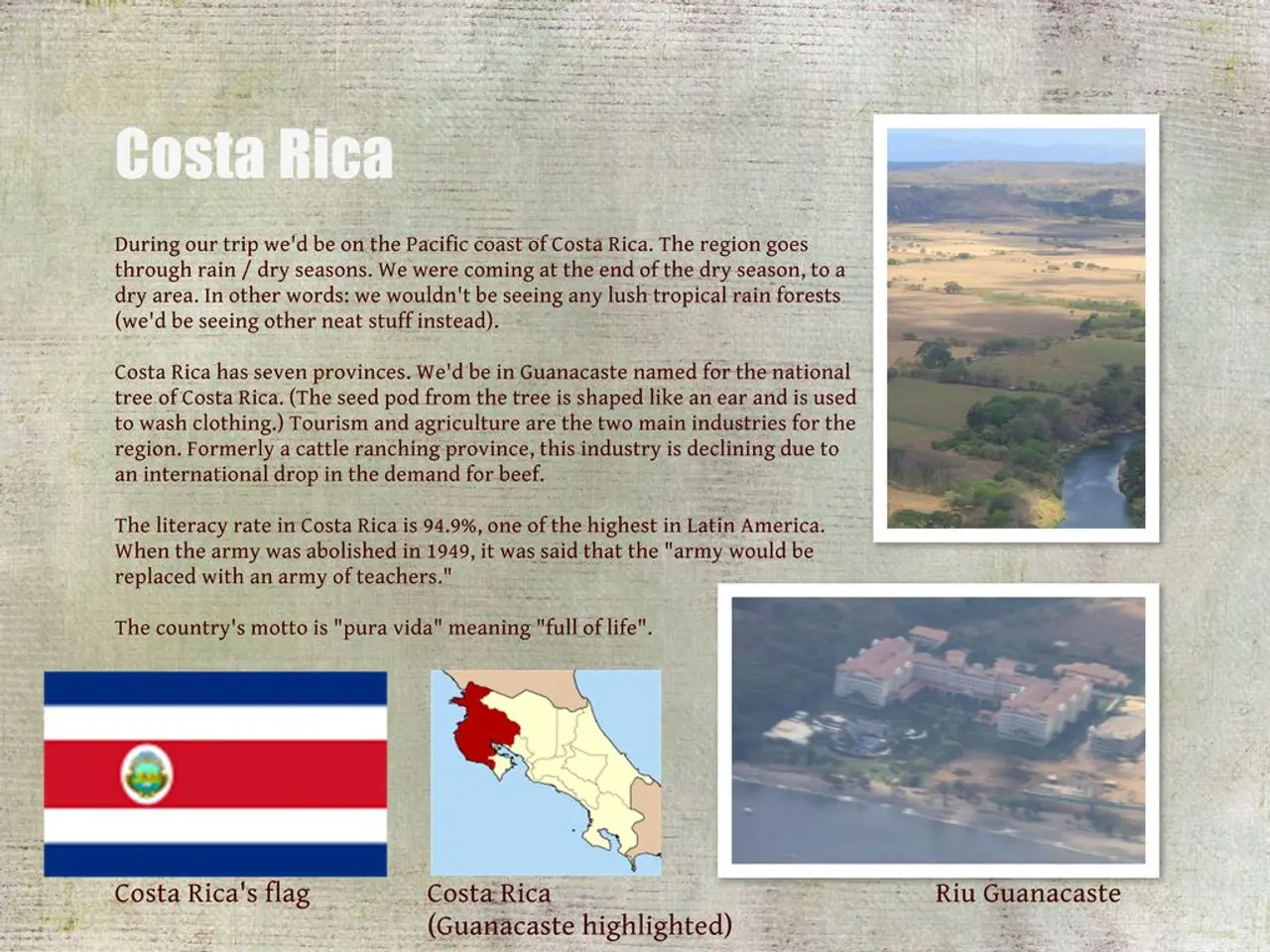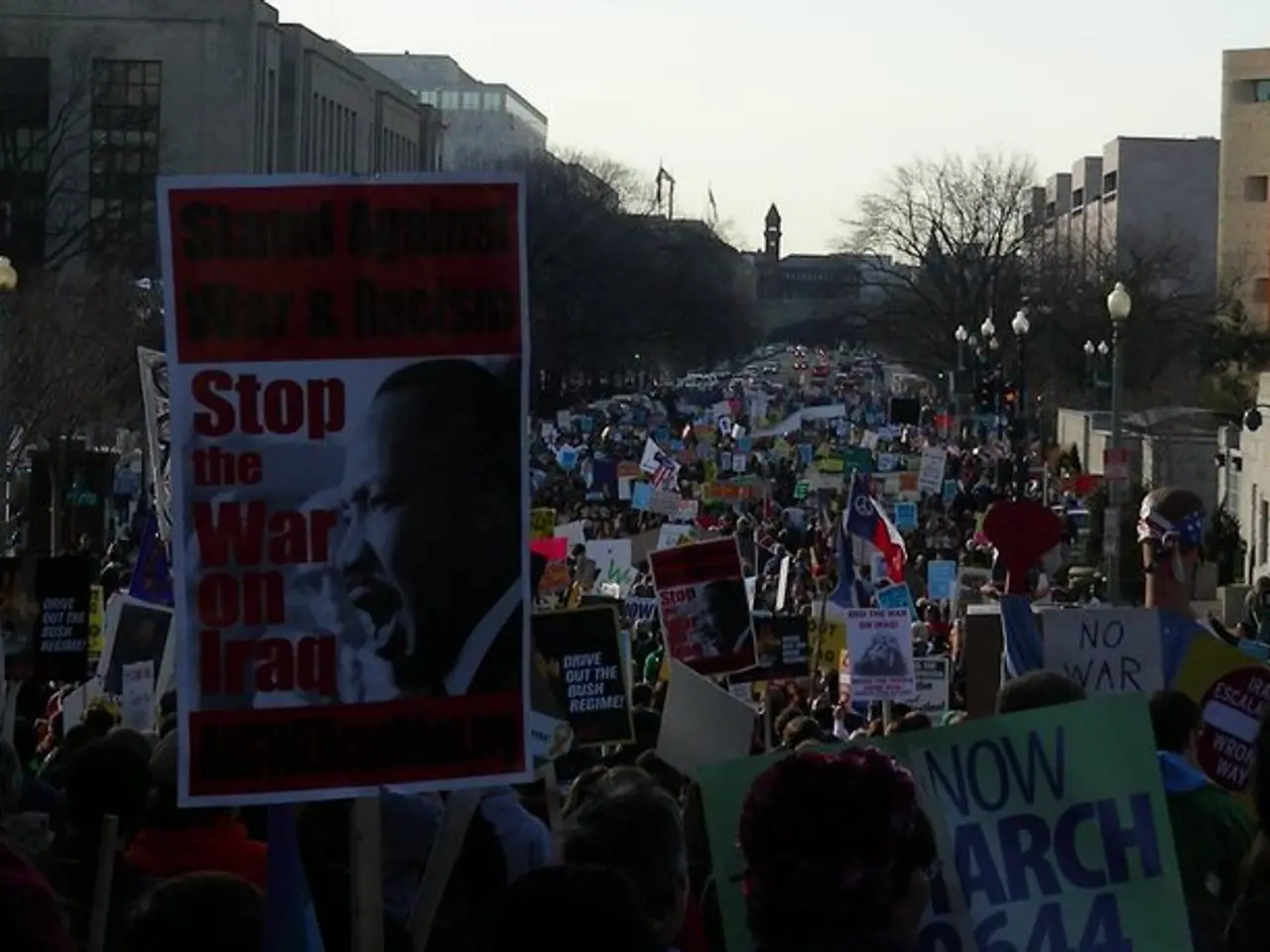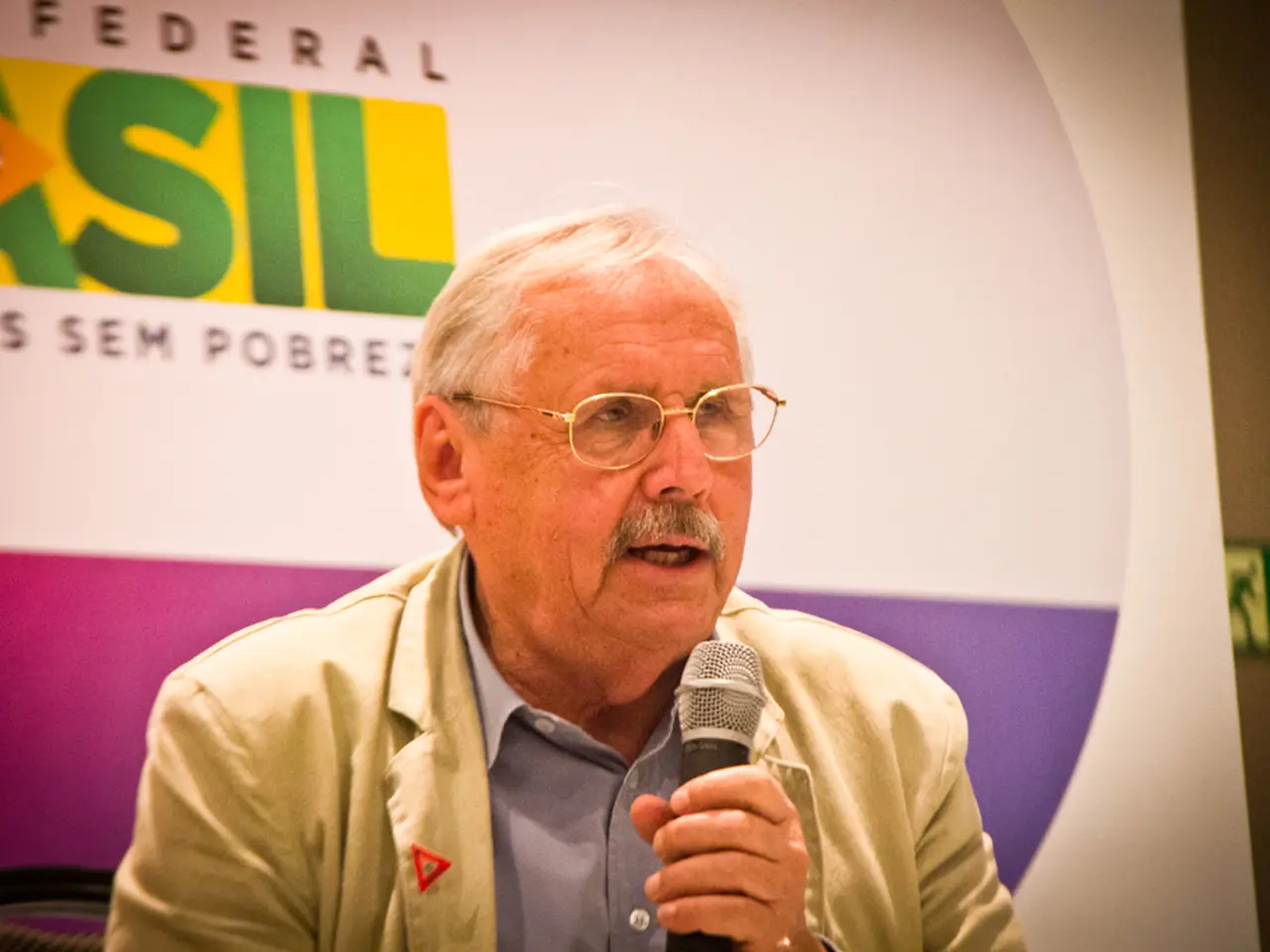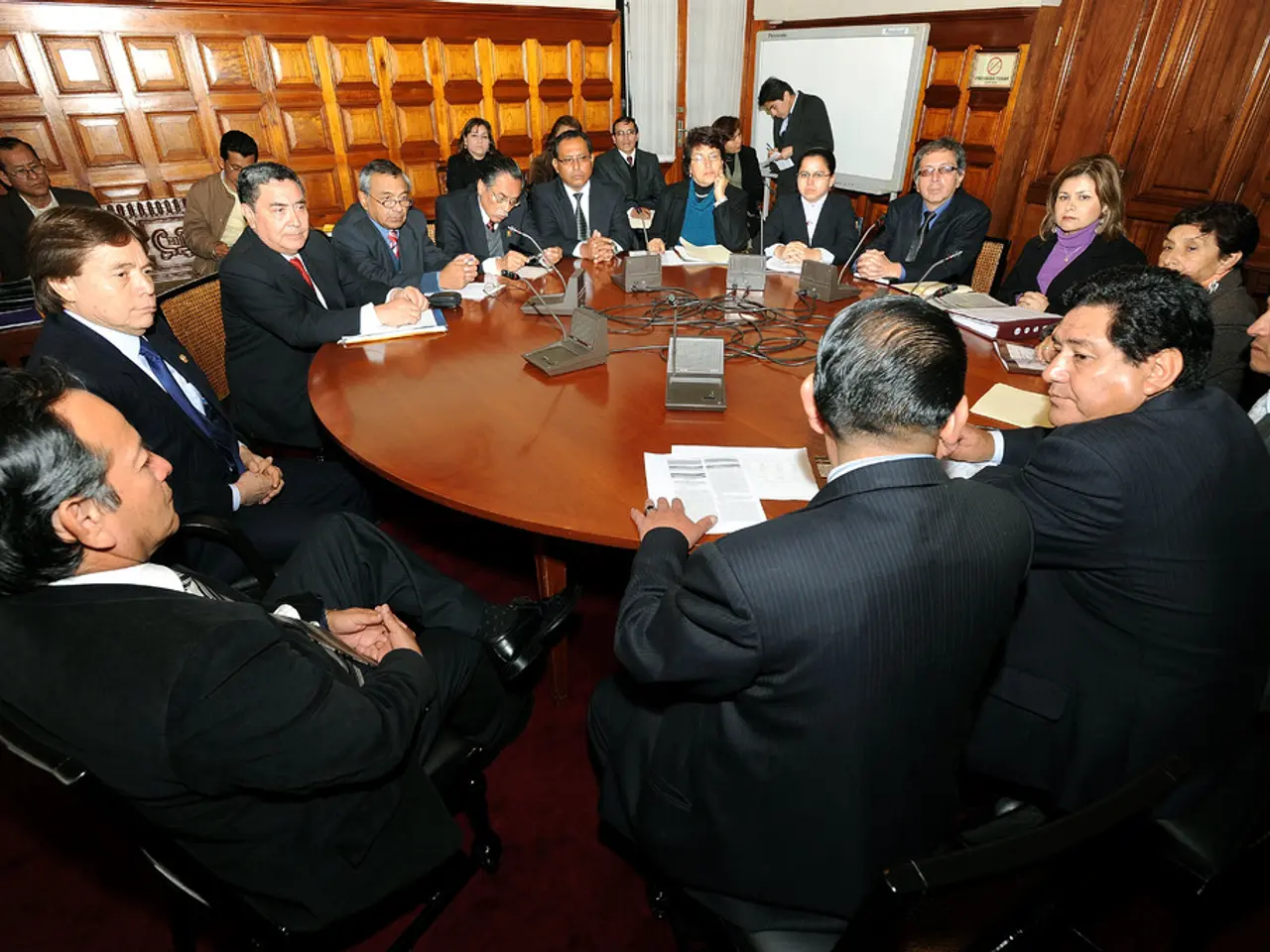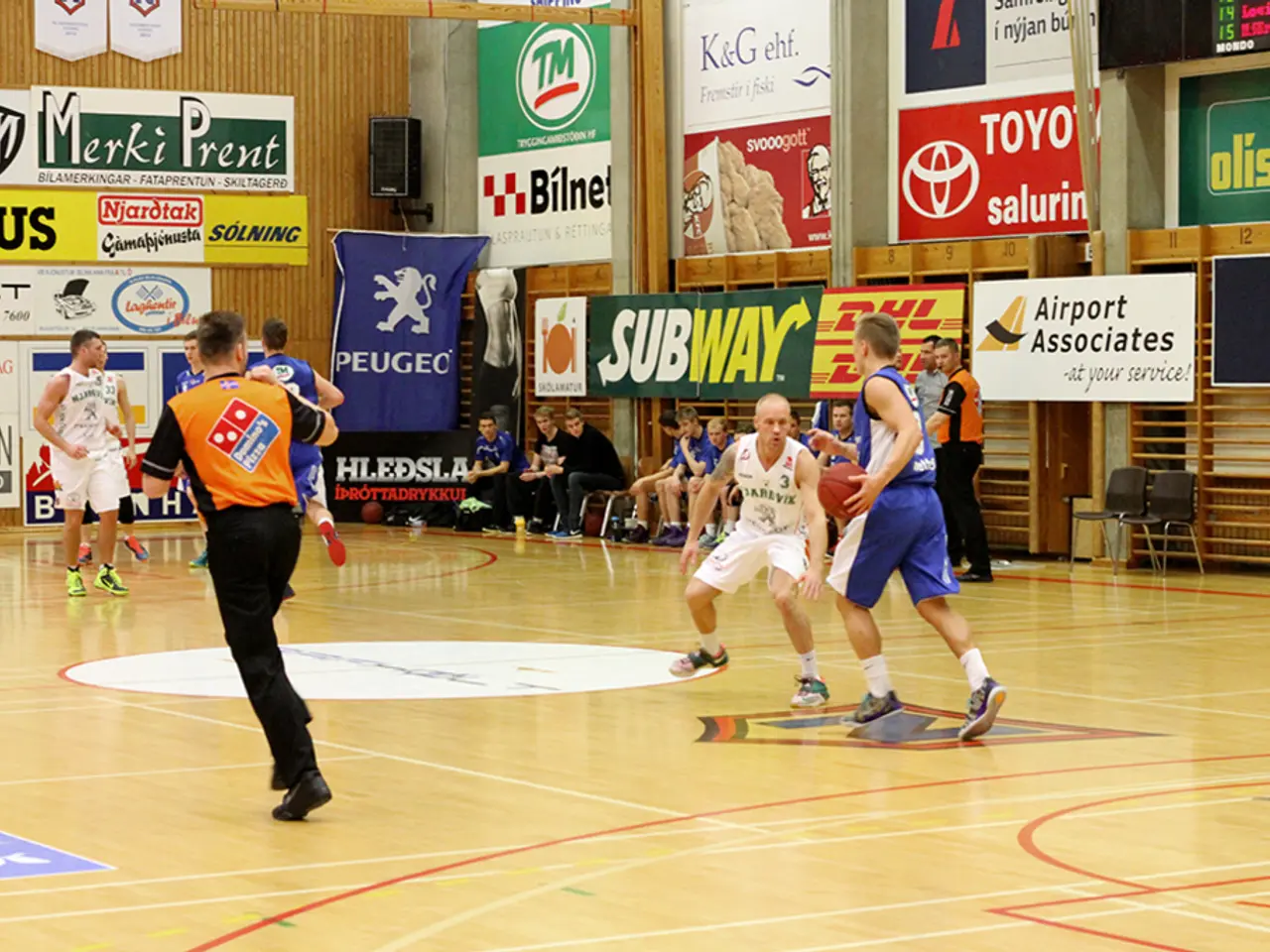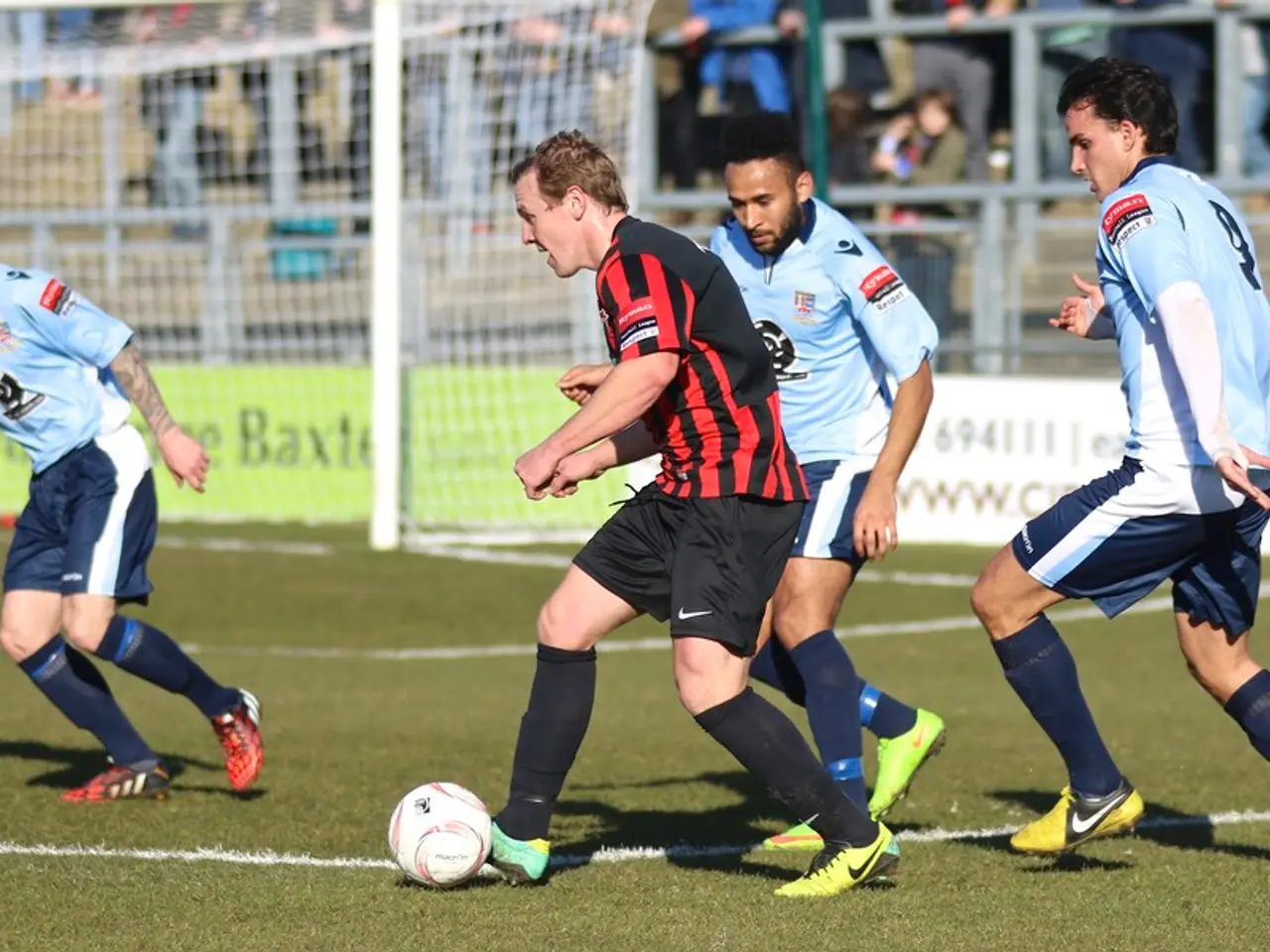Soccer Player Transferred to El Salvador Due to Tattoo Intricacies Decries 'Hellish' CECOT Conditions
In a controversial move, the Trump administration paid El Salvador approximately $6 million to detain around 250-300 Venezuelan migrants without charges in the Terrorism Confinement Center (CECOT), a notorious Salvadoran prison known for its brutal conditions and indefinite detention.
This arrangement, which allowed the US to rapidly deport these Venezuelans to El Salvador under the rarely used Alien Enemies Act, accused many of being members of the Venezuelan gang Tren de Aragua. However, there is no concrete evidence linking all detainees to this gang.
Among the detainees was Jerce Reyes Barrios, a 36-year-old professional soccer player and coach. Reyes Barrios was flown to El Salvador and detained at CECOT despite having no criminal history. He was accused of gang affiliation based on a Real Madrid-inspired tattoo and a "rock-and-roll" hand signal found on social media.
Reyes Barrios and other former CECOT detainees are now speaking out about the abuse they endured from both the US and Salvadoran governments. They were held in a wing consisting of multiple 20-by-10-meter cells with an 80-person capacity, each filled with four-story bunk bed towers, two toilets, and two water tanks.
Detainees were subjected to psychological abuse and "countless" beatings from guards. Guards also withheld clothing at times, forcing detainees to strip down to their underwear. The roof of the cells was a cage where prison officials walked over detainees. Detainees were allowed no outside contact, save for two visits from the International Committee of the Red Cross.
Reyes Barrios was placed in maximum security after being accused of gang affiliation, and was expected to navigate the confusing immigration process on his own. During his time at CECOT, he experienced routine beatings from guards and endured physical and mental abuse.
The Venezuelan detainees were held separately from the thousands of Salvadorans imprisoned by the Salvadoran government. For some detainees' families, the only proof-of-life they'd seen in the months since the Trump administration sent their loved ones to CECOT was footage of the prison tour by former Republican Rep. Matt Gaetz for his show on the far-right One America News Network.
Reyes Barrios was transferred back to Venezuela as part of a prisoner swap on July 18, after spending 125 days at CECOT. The ICRC's mission in El Salvador confirmed it had visited the Venezuelan detainees in CECOT twice, once in May and once in June, and said it had been able to contact "most" of their families.
Human rights groups and immigration advocates have strongly criticized this operation for arbitrary detention without charge, lack of due process, and severe abuses of detainees’ rights. The US government has yet to comment on these allegations.
- Despite having no criminal history or concrete evidence linking him to the Venezuelan gang Tren de Aragua, Jerce Reyes Barrios, a professional soccer player and coach, was accused of gang affiliation based on a tattoo and a hand signal, leading to his detention at the Terrorism Confinement Center (CECOT), commonly known for its brutal conditions and indefinite detention.
- The detention of Jerce Reyes Barrios and other Venezuelan migrants in CECOT, under the Alien Enemies Act, sparked controversy in the realm of politics and general news, with human rights groups and immigration advocates criticizing the operation for arbitrary detention, lack of due process, and severe abuses of detainees’ rights, while the US government has yet to comment on these allegations.
